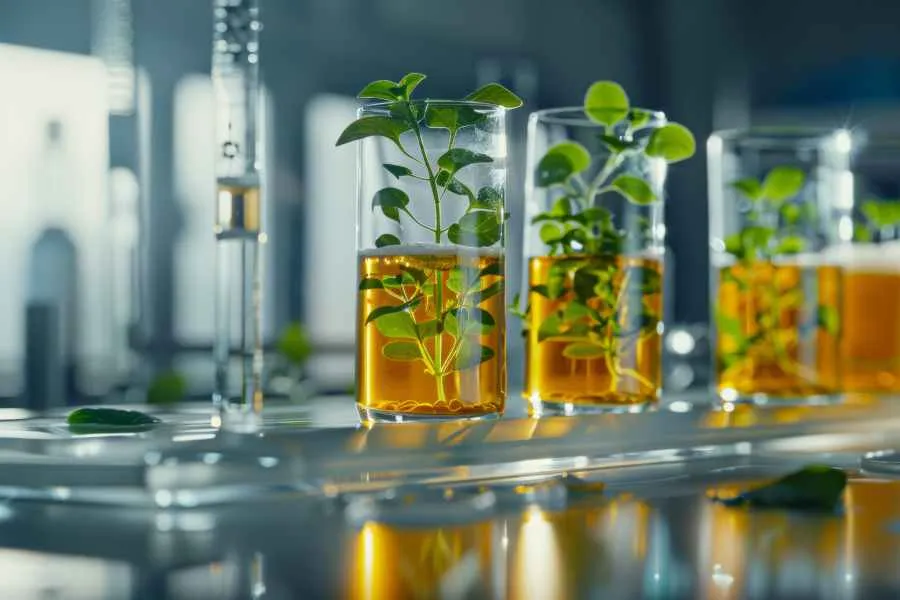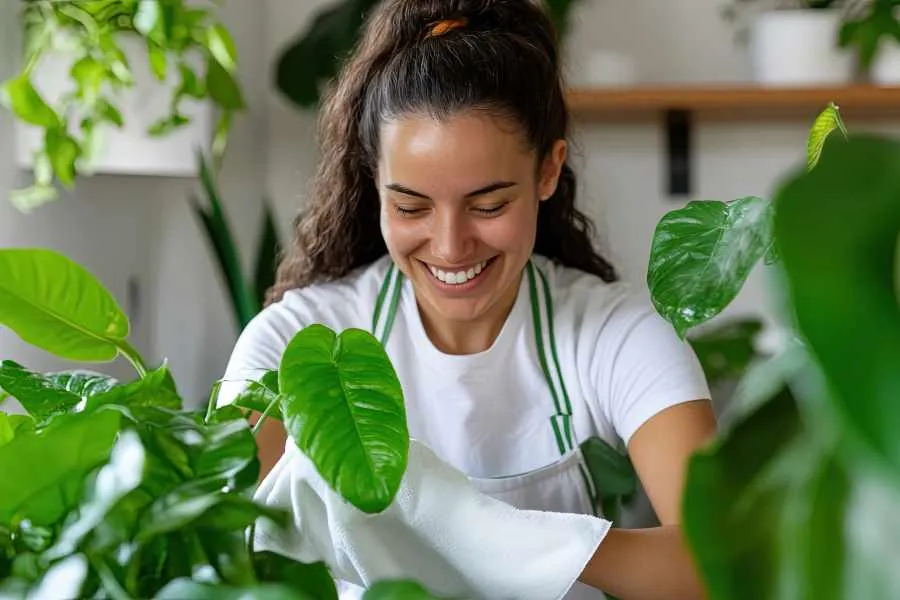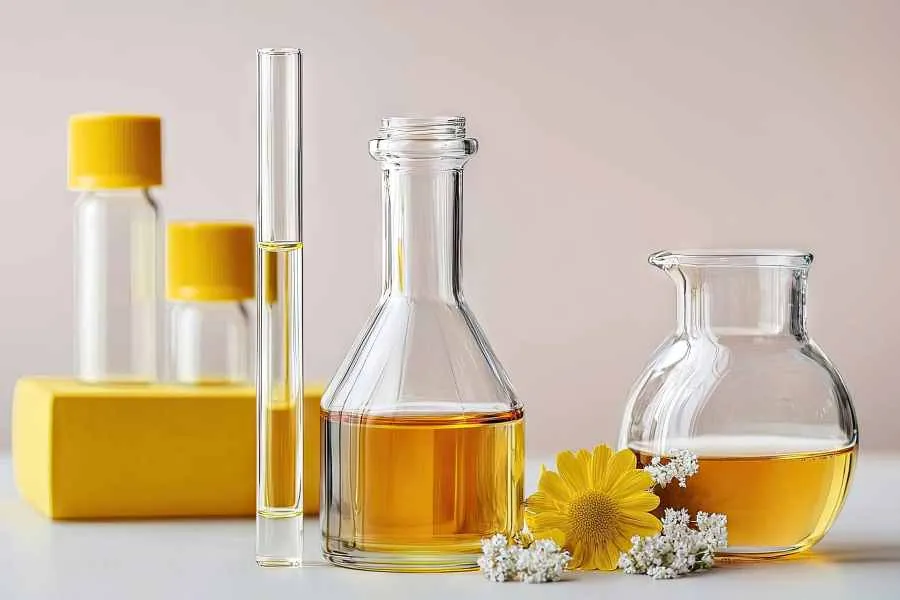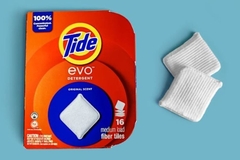Lubrizol on battling greenwashing with biotech and traceable supply chains
Key takeaways
- Lubrizol highlights biotechnology, fermentation, and lab-grown ingredients as the future of sustainable beauty.
- The company stresses the need for transparent, accurate sustainability data to meet regulatory pressures and help brands avoid greenwashing.
- Lubrizol invests in life cycle analysis, resource-efficient manufacturing, and PFAS-free processes to reduce carbon footprints and transition away from fossil-based materials.

Biotech and lab-grown ingredients are increasingly fueling sustainable beauty, and reducing carbon footprints is among the industry’s top priorities. These technologies allow companies to innovate ingredients that align with environmental goals and do not compromise performance.
“Biotechnology has been identified as a strategic technology for reducing the chemical industry’s dependence on fossil resources,” Mathilde Allegre, global sustainability manager at Lubrizol, tells Personal Care Insights.
She says biotechnology and lab-grown ingredients are the most transformative technologies in the active ingredients field. For the cosmetics industry, fermented ingredients represent over 20% of the total active ingredient market.
“Using microorganisms not harvested from nature to produce a molecule has a minimal impact on land. With increasing concerns about land use and food competition, biotechnology is undoubtedly the future technology,” says Allegre.
She adds that sustainable beauty solutions must deliver the required performance at an acceptable cost before considering sustainability credentials.
“Biotechnology enables the creation of high-performance ingredients through processes like fermentation and enzymatic bioconversion. These methods allow for the cultivation of bioactives, such as peptides, amino acids, and polysaccharides, using microorganisms rather than traditional agricultural extraction.”
Avoiding agricultural extraction
Lubrizol explains that lab-grown ingredients are often biodegradable, non-GMO, and manufactured with reduced water and energy inputs, aligning with clean beauty standards.
“In other words, actives derived from biotechnology reduce environmental impact and improve consistency and scalability,” says Allegre.
 Lubrizol explains that lab-grown ingredients often align with clean beauty standards.Naturally derived peptides are also gaining traction, typically produced from renewable feedstocks for amino acids, replacing petrochemical origins with plant-based or biotechnologically sourced alternatives that support circularity.
Lubrizol explains that lab-grown ingredients often align with clean beauty standards.Naturally derived peptides are also gaining traction, typically produced from renewable feedstocks for amino acids, replacing petrochemical origins with plant-based or biotechnologically sourced alternatives that support circularity.
Allegre says the peptides are synthesized using PFAS-free processes, aligning with growing regulatory and consumer demands to eliminate persistent chemicals from formulations.
Manufacturers increasingly adopt enzymatic or solvent-minimized synthesis methods to lower energy use and waste while preserving peptide integrity and bioactivity.
Allegre explains that what unites these approaches is a commitment to eco-designed, scalable processes that reduce environmental impact while maintaining product performance.
“As biotechnology and peptide platforms mature, they enable the development of ingredients that are not only sustainable but also highly functional.”
AI on the lab bench
Lubrizol utilizes biotechnology to create molecules of interest for beauty customers. With approximately 10 kg of sugar, the company can produce one metric ton of a readily biodegradable ingredient using a clean fermentation process.
“Biotech is set to transform the beauty industry — not just by enhancing active ingredients, but by enabling the sustainable production of high-tech materials like functional additives and packaging, all while supporting environmental and social goals. Biotech stands as a manufacturing technology that allows resource efficiency and biodiversity preservation,” says Allegre.
“On the lab bench, AI and automation are speeding up ingredient discovery and validation. In silico methods can pre‑screen vast libraries, such as peptides, against biological targets to prioritize the most promising candidates.”
 On the lab bench, AI and automation are speeding up ingredient discovery and validation.Allegre says that combined with high‑throughput screening and robotics, teams can evaluate hundreds of samples across key biomarkers faster, with less solvent, fewer consumables, and fewer dead ends to reduce time‑to‑market and R&D waste.
On the lab bench, AI and automation are speeding up ingredient discovery and validation.Allegre says that combined with high‑throughput screening and robotics, teams can evaluate hundreds of samples across key biomarkers faster, with less solvent, fewer consumables, and fewer dead ends to reduce time‑to‑market and R&D waste.
Meanwhile, the trend of lab-grown ingredients showcases how beauty brands are increasingly turning to synthetic biology to drive innovation in high-performance active ingredients.
Examples include Luvur, an Australian start-up that creates a lab-grown palm-oil alternative for cosmetics. CTI Biotech also created the “first-ever” lab-grown human skin for cosmetics testing, with an artificial sensory nervous system.
“By leveraging this advanced platform [lab-grown ingredients], companies can achieve more efficient, safer, and environmentally sustainable manufacturing processes — marking a significant shift in how actives are developed,” says Allegre.
Allegre calls fermentation-derived actives, peptides, and bio-engineered collagen the key ingredients fueling this movement. “All exemplify the potential of lab-grown solutions to transform the beauty industry.”
Pivotal moment driven by traceability
Environmentally sustainable beauty has moved from a bonus to a standard as consumers and regulations increasingly demand eco-friendly practices.
Lubrizol tells us that the beauty industry is at a pivotal moment, when sustainability isn’t just a trend but a necessity.
“The biggest challenge we face today is navigating the intricate web of sustainability data. Quality data is the backbone of genuine sustainability efforts, enabling us to meet new reporting standards and substantiate our claims, steering clear of greenwashing,” says Allegre.
She argues that the demand for precise and reliable data is immense. This is crucial for the traceability data required by regulations like the EU Deforestation Regulation (EUDR) and comprehensive Product Carbon Footprints, which measure the environmental impact of our ingredients and processes.
 In the beauty industry, sustainability isn’t just a trend but a necessity.The EUDR was recently pushed forward one year, now taking effect in 2026. The EU Commission said it lacks a sufficient IT system for tracing.
In the beauty industry, sustainability isn’t just a trend but a necessity.The EUDR was recently pushed forward one year, now taking effect in 2026. The EU Commission said it lacks a sufficient IT system for tracing.
When asked how Lubrizol is preparing for the EUDR, Allegre shares: “By focusing on accurate, transparent data, we can tackle key sustainability challenges head-on, from responsible sourcing and reducing our environmental footprint to transitioning away from fossil-based materials and ensuring sustainable end-of-life solutions.”
“Together, with our partners and customers, we can transform the beauty industry into a beacon of sustainability.”
Industry looking forward
The personal care industry’s main environmental priorities are carbon footprint reduction, sustainable sourcing, and sustainability claims backed by science, according to Allegre.
She explains that regulatory pressures, such as the Green Deal, Corporate Sustainability Reporting Directive, EUDR, and Green Claims Directive, drive these requirements. Allegre also details the importance of consumer expectations for low impact and no compromise on efficacy.
“Navigating this complex landscape requires a multifaceted approach. Investing in cutting-edge technologies and methodologies that ensure compliance and enhance sustainability is crucial. This means developing new materials and processes that reduce environmental impact without sacrificing product performance.”
“Furthermore, the industry must invest in sustainability experts and advanced tools to address these new challenges effectively and provide the transparency and data required by regulations and demanded by consumers,” Allegre concludes.













